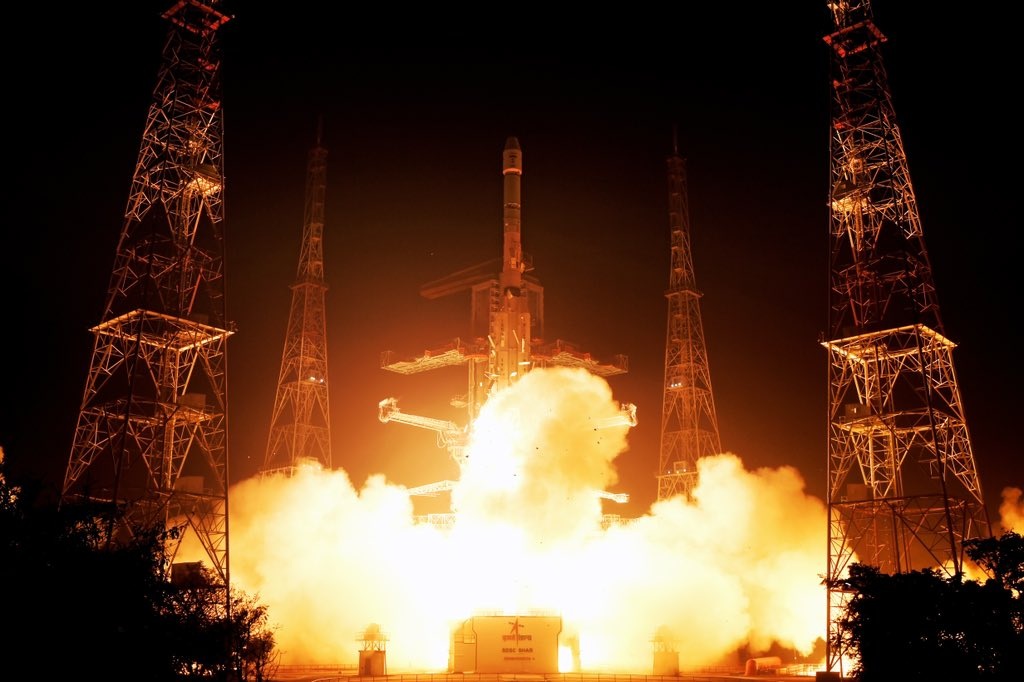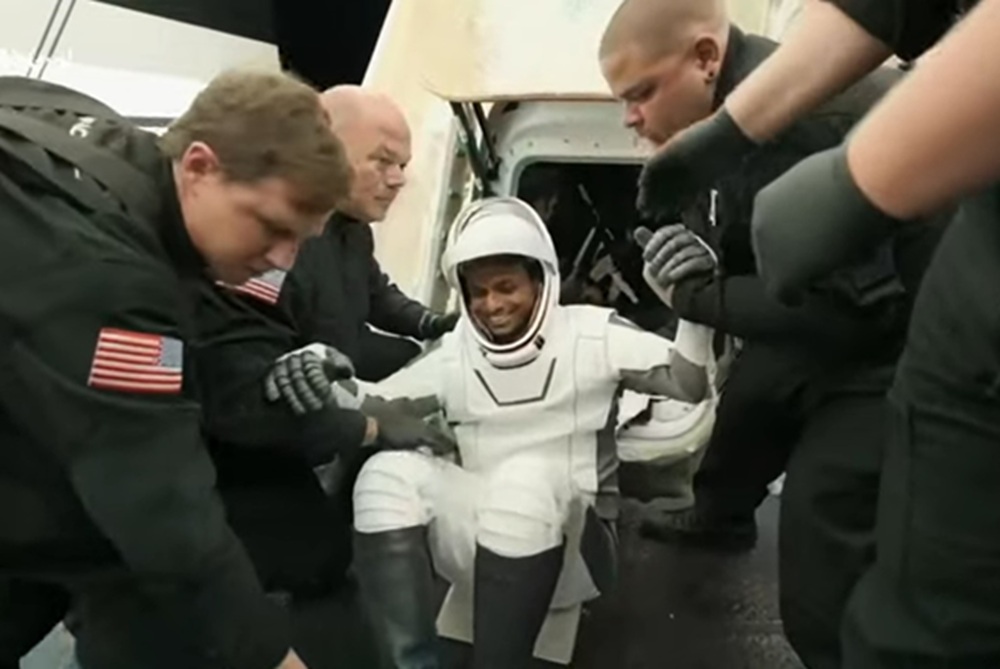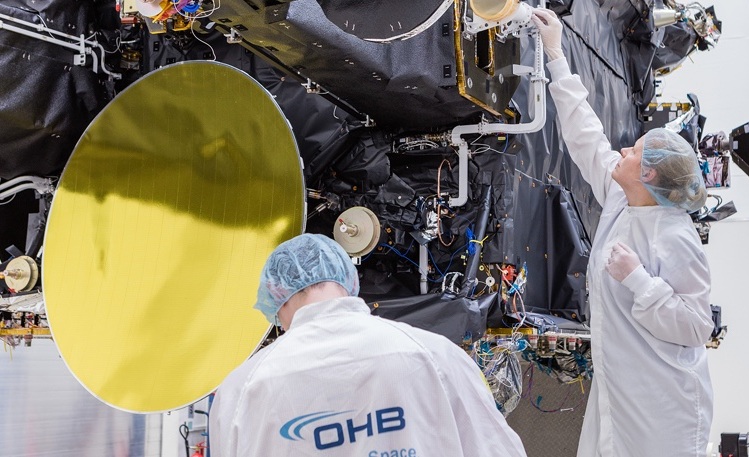Manchester, UK: In a statement that electrified discussion at the UK Space Conference in July 2025, Dr. Josef Aschbacher, Director General of the European Space Agency (ESA), delivered a stark warning: “Europe is falling behind the global space race.” His call to action, echoed by industry, policymakers, and researchers, put the spotlight on Europe’s space ambitions at a critical moment in history—a time of accelerating global competition and shifting geopolitical realities.
Global Powers Race Ahead
Aschbacher’s remarks arrive at a time when the numbers speak volumes. In 2024, the United States completed about 145 orbital launches, China executed 68, while Europe managed just three. “Now more than ever, Europe requires innovation, collaboration and strategic ambition across the industry,” he urged, citing not only the severe launch deficit but also the underlying issues that continue to hamper European ambitions—persistent delays to Europe’s Ariane 6 and Vega-C rockets, and dependency on commercial competitors such as SpaceX for critical launches.
It’s not merely the launch gap that troubles ESA’s chief. Aschbacher has repeatedly highlighted that Europe’s institutional investment in space is dwarfed by its global rivals. ESA’s annual budget stands at €7.7 billion—a respectable sum but modest compared to NASA’s $27 billion and China’s CNSA at around $14 billion. When factoring in broader US government investment in space, including defense and climate research, the disparity becomes even more pronounced: the US spent nearly $73 billion on space-related activities in 2024, almost ten times the ESA figure.
A “Launch Crisis” and the Autonomy Dilemma
A key message from Dr. Aschbacher focused on Europe’s deteriorating “strategic autonomy” in space. The recent need to contract SpaceX for the launch of four Galileo satellites—Europe’s own global navigation system—was emblematic and, for many, a wakeup call. “Dependency on others like SpaceX undermines Europe’s strategic autonomy,” Aschbacher asserted, pointing to the inability to guarantee access to orbit with domestic launchers.
Europe’s Ariane 6 program, intended as the continent’s next-generation workhorse launcher, has faced years of delay, technological and funding hurdles, and missed milestones. Alongside Vega-C, which experienced technical setbacks and was grounded for much of 2024, these delays have forced Europe’s hand, fostering both frustration and introspection across the sector.
The Budget Gap and Broader Challenges
Why has Europe fallen so far behind? Funding remains a central culprit. “The scale of ESA’s budget and investment in Europe is simply too small to compete in key areas such as research, innovation, satellite constellations, and space exploration,” Aschbacher emphasized. While the US and China pour resources into new moon missions, mega-constellations, and human spaceflight, Europe’s limited finances force difficult choices. Costly projects—such as next-generation Copernicus climate satellites, upgrades for Galileo, and lunar ambitions—vie for scarce resources.
This funding shortfall ripples across the sector. Young companies face daunting hurdles in scaling up, public-private partnerships remain scarce, and competition is constrained by regulatory frameworks. Cumbersome rules, like the “geographic return” principle which mandates spending based on member state contributions, have been criticized for diluting innovation and slowing progress. Aschbacher and others are pushing for reforms that would prioritize performance, innovation, and scale over national quotas.
The Call for Political Will
Central to Aschbacher’s UK Space Conference address was a call for renewed European political will and a bold, long-term vision. He lamented the lack of a sustained, coordinated commitment from Europe’s leaders, one commensurate with the continent’s economic and technological power. “Business as usual is no longer a valid option. The future of Europe and its role as a strong partner to the world are at stake,” he told the audience.
Aschbacher emphasized the need for transformative investments and strategic ambition, both within member states and across the EU-ESA partnership. The ESA’s long-term roadmap, “Strategy 2040,” seeks to protect the planet, advance exploration, and strengthen autonomy, but such goals require fresh commitments—and cash—from governments that often seem distracted by competing domestic priorities.
Industry, Innovation, and the Path Forward
Europe still boasts formidable strengths—world-class engineering, legacy industrial giants, a thriving space science community, and flagship programs like Copernicus and Galileo. Recent months have seen renewed drive to boost commercial launch services, foster space startups, and invest in advanced payload technologies. Initiatives such as the European Launcher Challenge are intended to unleash the continent’s entrepreneurial potential and diversify the supply chain.
However, Aschbacher cautioned that these initiatives alone are not enough. He urged Europe to “build a competitive, resilient ecosystem across institutional and commercial actors—prioritizing both innovation and autonomy.” This means not only nurturing homegrown launchers but also ensuring that the next generation of satellites, services, and applications are developed and operated by European companies, within a regulatory framework that rewards merit and risk-taking.
Public-private partnerships—long a hallmark of US leadership in space—offer a way forward. Aschbacher pointed to the power of collaboration between governments, universities, industry, and financial institutions, a model that has propelled SpaceX and Blue Origin to the forefront of space transportation and innovation in the US.
The Stakes: Security, Economy, and Strategic Influence
Beyond launches and budgets lies a larger question: Europe’s place in a new age of great power competition. Space is now recognized as a critical pillar of economic resilience, technological sovereignty, and national security. The war in Europe, shifting alliances, and growing Chinese and American ambitions have placed new pressures on Europe’s leaders to both protect their strategic interests and find common cause.
“Space is a key element of political decisions, of economic competitiveness, and of our common security,” Aschbacher told conference attendees. The next ESA Ministerial Council meeting later this year is widely expected to test European resolve, as member states debate the agency’s future budget and priorities against competing demands.
Dr. Aschbacher’s message at the UK Space Conference carries a sense of urgency and historic significance: the 2020s are likely to define Europe’s trajectory in the space sector for decades. The opportunity still exists, he insisted, for the continent to “catch up”—but only if European leaders act decisively and with vision.
Industry voices echoed his call at the conference. Space-Comm, the continent’s largest commercial space event, vowed support for Aschbacher’s appeal, promising to turn “Europe’s ambitions into commercial reality” by accelerating investment, innovation, and collaboration.
The coming months and years will show whether Europe can summon the resolve, coordination, and ambition needed to reverse its relative decline. For now, Aschbacher’s call to action stands as both a challenge and an opportunity: “The gap is widening. Clear funding commitments and strategic direction are preconditions to avoid Europe being pushed further down the global competitiveness scale—not only in space, but across all sectors enabled and transformed by it.”





